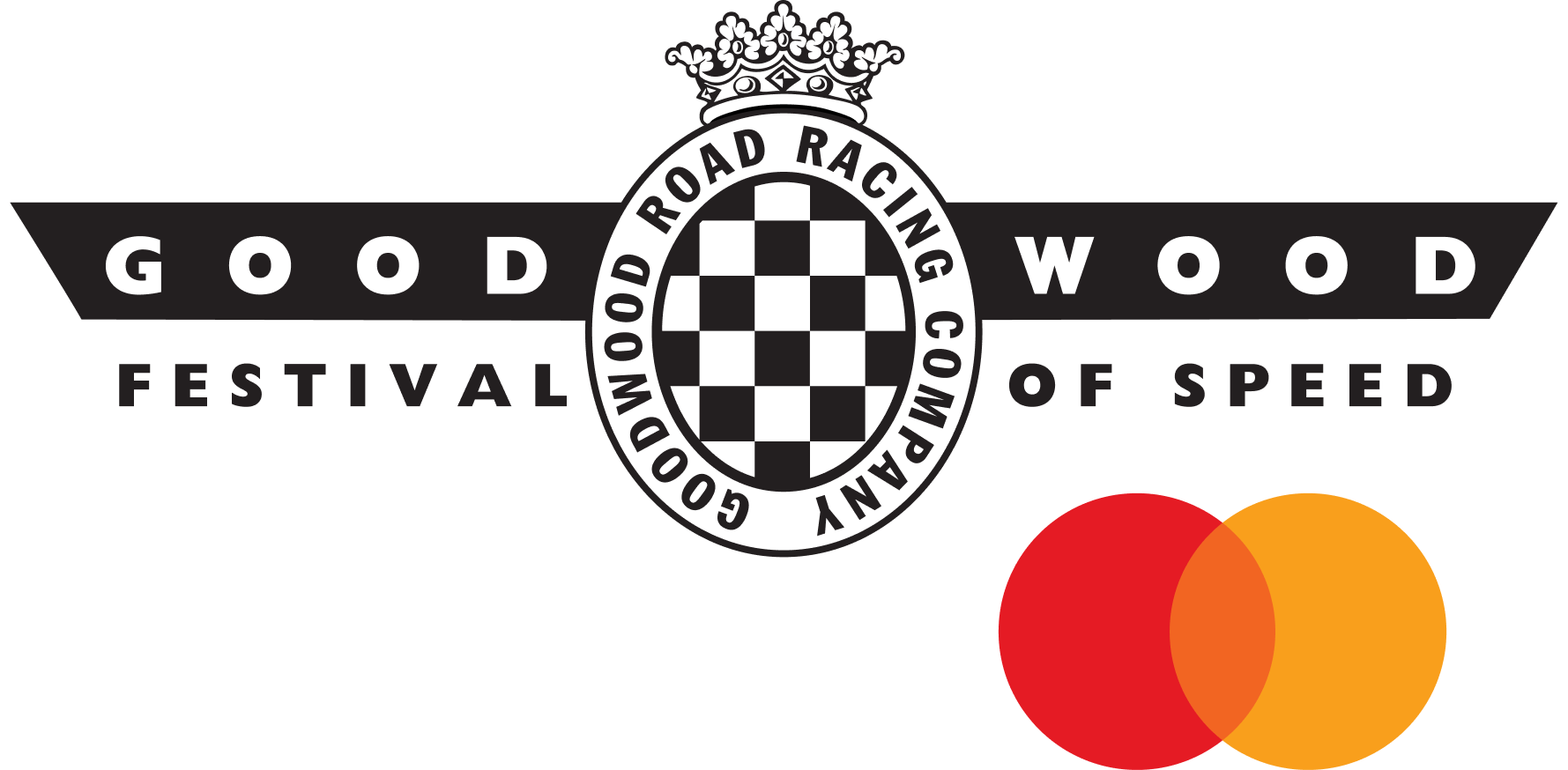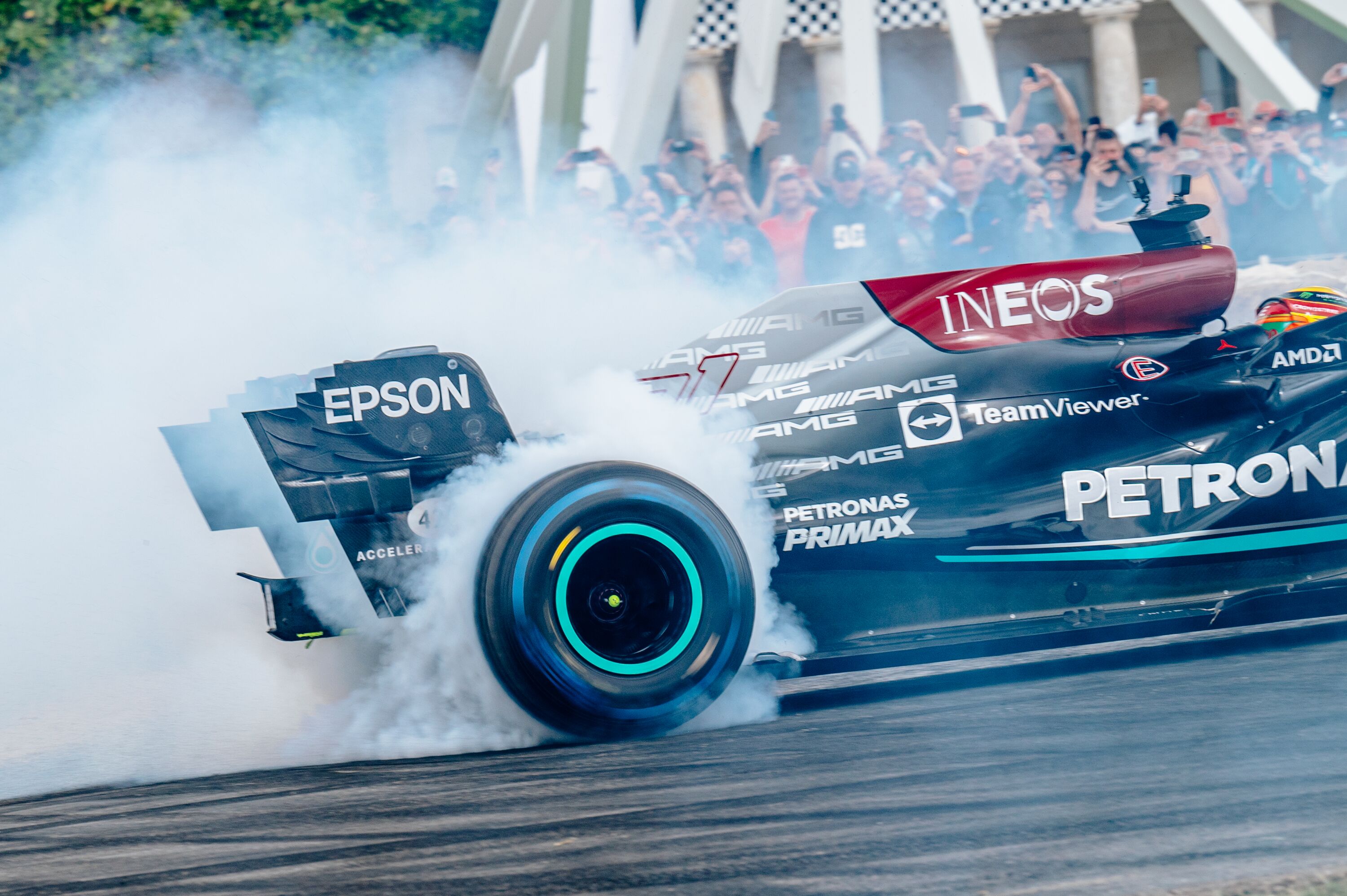Review: Porsche Taycan Turbo S
It seems strange that for seven years mainstream car makers have watched Tesla's four-door, battery-electric Model S saloon tear great chunks out of their market shares, yet haven't done anything about it. In the SUV market to compete with Tesla's Model X, they've fallen over themselves to launch rivals, but of EV saloons, we've seen no sign, well until now that is.

Porsche's new Taycan is the first of a slew of electric saloons including Mercedes-Benz's Vision EQS, which will debut in 2021. Tesla, it seems, won't be having its own way for long now.
The Taycan is a good looking, mostly aluminium, four-door, four-wheel-drive saloon about the same size as the Model S and smaller than a Porsche Panamera. It has a 93.4kWh, 800-Volt lithium-ion battery in the floor driving two motors: a 266PS/440Nm front and 455PS/610Nm rear. The front motor drives through a single-speed transmission, the rear a two-speed unit. That two-speed gearbox is the most interesting technical part of this otherwise conventional drivetrain. Electric motors produce so much torque they tend to smash such gearboxes – ask Tesla, which tried and failed to develop one for its first Roadster. The Taycan uses an epicyclic gear train with a dog clutch and a multi-plate oil-bath clutch to ease changes (though you still hear and feel them) – it's basically a Laycock de Normanville overdrive unit with a clever engagement system.

There are two versions, both called Turbo, which seems unbelievably antediluvian. Both weigh about 2.3-tonnes with a total system output for the standard £115,858 Turbo model of 680PS/850Nm and for the £138,826 Turbo S model of 761PS/1,050Nm. Performance is as electrifying as you'd expect, as the top speed for both is 161mph, 0-62mph acceleration is 3.2 seconds for the Turbo, 2.8 seconds for the Turbo S model. The minimum/maximum range is, respectively, 237 miles/280 miles for the Turbo and 241 miles/256 miles for the S. Tail pipe emissions are of course zero, but high-performance battery cars are not free of environmental consequences and using the latest UK electricity generation figures the Taycan's well-to-wheels greenhouse-gas emissions will be about 68g/km. It will accept a 270kW recharge on Direct Current (DC), which means an 80 per cent charge on a DC 50kW charger takes 93 minutes and on an 11kW Alternating Current (AC) supply a full recharge takes nine hours.
The Taycan is warranted, like other Porsches, for three years and the battery is guaranteed to have a minimum of 70 per cent capacity within eight years and 99,440 miles, which seems a bit mean, especially as people generally keep Porsches for much longer than that.

The cabin is roomy enough for four adults, though the optional sunroof eats into headroom. The seats are comfortable, supportive and beautifully styled, but the floor-mounted batteries push the seat height too high for taller drivers. There’s plenty of space around the front seats, with decent-sized door pockets and though the boot isn't that big, there's a bit more space under the bonnet.
Fit and finish and material choices are discernibly better than the Tesla, but more conventional. The driver’s instrument binnacle is all digital and is gently curved round the driver which is the latest in screen technology, although the layout is old-school 911 in style. There are a couple of touch screens running at chest height across the facia, both configurable to display sat-nav, settings, audio selection and so on. There’s also a lower screen which shows the heater/air con settings.
You start the car with a button marked with a traditional computer-start logo button and shift into drive using a very old fashioned looking selector on the dash. Pulling away Taycan feels much as all electric cars, heavy, silent and unusually powerful without much in the way of feedback to the major controls.

Find a straight and quiet piece of road and dial in launch control and the Taycan pauses for a micro second before hurtling off like a cartoon character. Porsche says you can start like this up to ten times consecutively before the battery reaches critical temperatures, though you'll probably prefer not to as you’ll be reacquainted with your breakfast long before then and just one such trial saw the battery capacity drop by four per cent.
“Normally this car wins the fight against your stomach,” boasts Heiko Mayer, director of powertrain engineering.
It’s on the road where Taycan takes your breath away with its extraordinary acceleration, which is as well controlled as you'd expect a Porsche to be, with conservative throttle mapping that makes it easy to control, so that if you chose to go fast, the chassis and steering maintain their weight and progression throughout. There's none of the torque-steer pulling the steering about as with some rivals and Taycan has a pleasing Jekyll and Hyde nature.

There’s refinement, though and the ride is surprisingly good over bumps, even on the 21-inch Michelins of the Turbo S model, though sharp-edged holes resound through the frame. At speed there’s a wonderful compliance to the air suspension and fine damping control, even in Sport mode and Sport Plus modes, where the suspension settings are hardened up. It turns in flat with fine steering progression, though the main impression is of weight and a low centre of gravity and I wasn't convinced by the steering's self-centring, which lends an artificiality to the driving experience.
With an 800-volt battery, Taycan can recuperate huge amounts of braking energy, to the extent the Porsche claims that 90 per cent of stops are recuperated. The brakes are superb, especially on the carbon-ceramic rotors of the Turbo S model, with fine linear stopping on the pedal which isn't always the case with rivals.

The Taycan is extra ordinarily accomplished, fast and better looking than the Tesla Model S. It's unlikely to save the planet, but even so it will likely be in high demand, especially given the UK will only get an allocation of around 2,000 next year. Form an orderly queue here, then.
Stat attack: Porsche Taycan Turbo S
Price: £138,826, on sale now with first deliveries in January
Battery: 93.4kWh, 800-Volt lithium-ion battery in the floor
Transmission: single speed front, two-speed planetary transmission rear
Power/torque: front motor, 266PS/440Nm; rear motor, 455PS/610Nm
Total system output: 761PS/1,050Nm
Range: 241 miles minimum/256 miles maximum
0-62mph: 2.8 seconds
Top speed: 161mph
Kerb weight: 2,295kg
Porsche
Taycan
Review































































